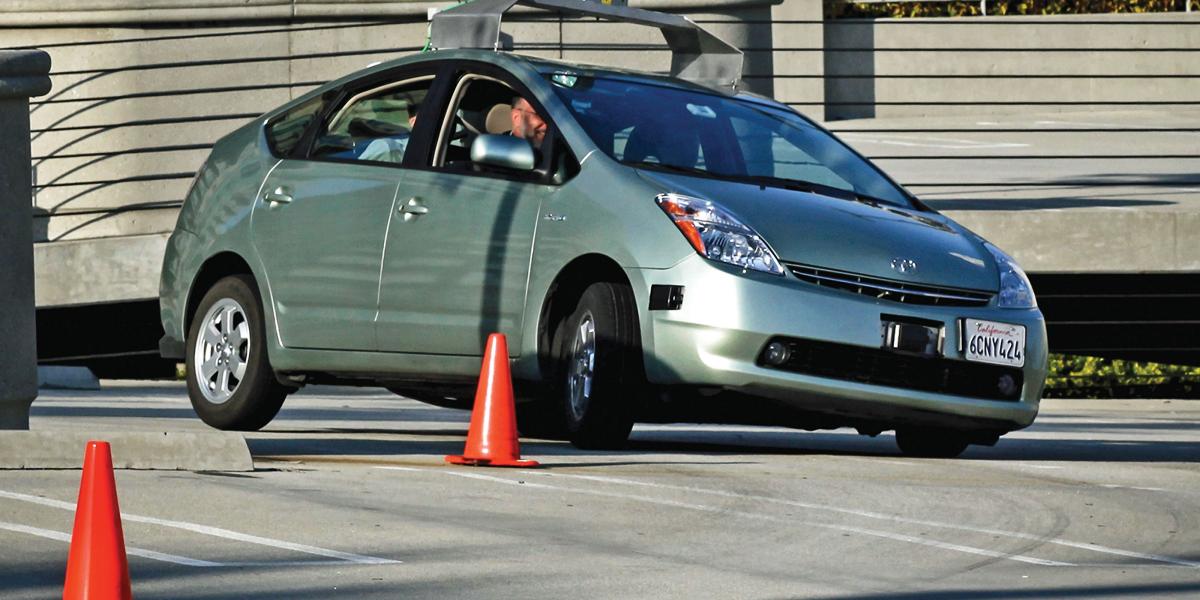All Inclusive: Equity in Autonomous Vehicle Safety Testing
Improving AV testing to advance mobility for everyone.
If drivers learn to navigate only certain roads or neighborhoods, how will they manage outside of their comfort zone?
A similar question faces developers of autonomous vehicles, which Johns Hopkins researchers suggest are not being tested to perform safely across a range of roads and communities.
“If a technology is being tested and perfected to work only under certain conditions, some people are going to miss out” on the potential benefits of AVs, says Johnathon Ehsani, PhD, MPH, an assistant professor in Health Policy and Management. “We want to make sure that doesn’t happen.”
To that end, he’s collaborating with Takeru Igusa, PhD, a professor of Civil Engineering at the Johns Hopkins Whiting School of Engineering, to improve AV testing models.
The fact that AV companies are not required to disclose their testing sites forced Ehsani and colleagues to seek out other data sources.
They turned to California, which does compel AV makers to report crashes in safety testing—information the researchers used as a proxy for testing locations.
“When we put all of the crash data on a map and layered in census and demographic data of where the testing is happening, it appeared to be concentrated in neighborhoods that were predominantly white,” says Ehsani. “There’s very little testing in African-American neighborhoods.”
The results are troubling, he says, not only from a safety standpoint, but from an equity perspective.
Now the question is whether this pattern of testing is limited to California or is more widespread.
To obtain some answers, Ehsani and his team recently secured a pilot grant from the Hopkins Center for Health Disparities Solutions to look at the spatial distribution of AV testing across the U.S. They are also working with Boston and Washington, D.C., to help the cities design and evaluate their testing protocols to guarantee both safety and equity.
“This technology should be advancing mobility for everyone,” says Ehsani.
